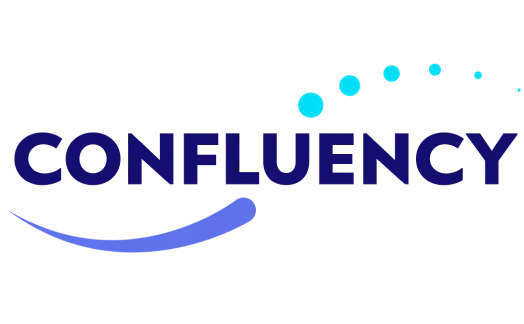Nebari is an open source data science platform for teams with serious computational and collaboration needs, looking to:
Work in familiar IDEs like JupyterLab or VSCode
Collaborate seamlessly with file and dashboard sharing
Scale work with built-in support for distributed computing with Dask
Schedule and orchestrate workflows with built-in Argo integration
Share and manage fully-reproducible data science environments
Deploy, maintain, and monitor the platform without DevOps experience
Drop us a line and we’ll send you a login.




Nebari is designed to be deployed and managed without DevOps expertise. However, if you need a helping hand, require special customizations, or have complex existing infrastructure, Quansight has some service offerings to help you reach your goals.
As the creators of Nebari, we know it inside and out, and understand the underlying tools, including JupyterHub and Dask. We’re experts in data science solutions, and have years of experience deploying and using Nebari for various client projects.
A guided, hands-on Nebari demo
Custom integrations
Enterprise-level support
General Nebari questions
The first step to using Nebari is installing and deploying your Nebari instance. You can then add your team members to your instance and help them start working on the platform, leveraging the compute and tools your Nebari instance provides. Our services support you throughout this process.
Nebari is a free and open source project. You can go through the Nebari codebase hosted on GitHub to understand how we built it. If you have questions or need help building your own system, we’ll be happy to support you! We can discuss a custom support package for your needs: Contact us.
Yes! You can choose from our catalog of advanced PyData training courses, or we can discuss a custom training package for your team: Contact us.
Yes! You can configure certain instances with GPUs and manage who (users and groups) can access it.
Some companies offer data science platforms as a subscription service. They each solve unique problems and can be a great fit for certain use cases. For example, if you need only Dask or Spark on the cloud, you will be able to find companies that specialize in these domains. These companies are almost always friends of ours in the ecosystem, and we encourage you to evaluate each option for your specific needs.
Nebari is primarily designed as a free and open source project for the complete data science workflow with customized MLops integrations. It can be quickly set up and used by anyone without needing DevOps experience. The Nebari services offered by Quansight help you work with Nebari to provide immediate value to your business.
Another useful resource for comparing options is the 2i2c documentation.
Several cloud providers offer their own SaaS products that integrate with their cloud infrastructure. The most popular such platform is AWS Sagemaker. Typically, these are designed to support a broad range of common use cases. They also support widely used libraries like PyTorch and Tensorflow, as well as some vendor-specific tools.
Nebari takes a different approach because it is designed to be cloud and vendor agnostic. You can deploy it on any major cloud provider or on your on-prem HPC cluster or Kubernetes cluster. You can use it to integrate with any open source or vendor-supplied product. Flexibility is one of the core values for Nebari development, so it can adapt to your needs and support any tool/library/service with minimal effort.
You can select the approach that works best for your team.
Quansight counts 2i2c as a friend organization. They implement a similar approach of providing services around open source tools. We both use the model of providing managed services on top of open source thereby avoiding vendor lock-in. Where 2i2c manages a JupyterHub installation, Quansight manages Nebari which provides JupyterHub plus powerful environment management, built-in scalable computing, visualization capability, workflow scheduling, AI/ML tools, and more.
Where 2i2c primarily targets academic and research institutions, Quansight primarily targets companies and government agencies. Quansight will fully manage your Nebari installation in a way that you can always “take over” and manage it yourself. We want to help every organization enable their data-curious subject matter experts to build powerful models, dashboards, and applications easily while quickly taking advantage of the evolving landscape of powerful open-source tools.
While Quansight sponsored the creation of Nebari, the project is built on community-driven open source foundations and is now itself a community-driven project. As a result, any company can provide support for Nebari.
As creators of Nebari, Quansight has deep expertise with major cloud providers (AWS, GCP, Azure, and Digital Ocean), Dask, Panel and Holoviz ecosystem of visualization, environment management, as well as Python’s geospatial stack. It is likely that Quansight will provide you the best support for Nebari.
In fact, OpenTeams, which is an open source support marketplace, uniquely works with us at Quansight to provide support for Nebari as part of its general open source support offering. You can contact connect@openteams.com for more information about their offering.
Using Quansight (or OpenTeams) to provide Nebari support will provide not only the most efficient answers to your support questions, but also be able to engage with the creators of the library to help you build custom solutions on top. Contact us.